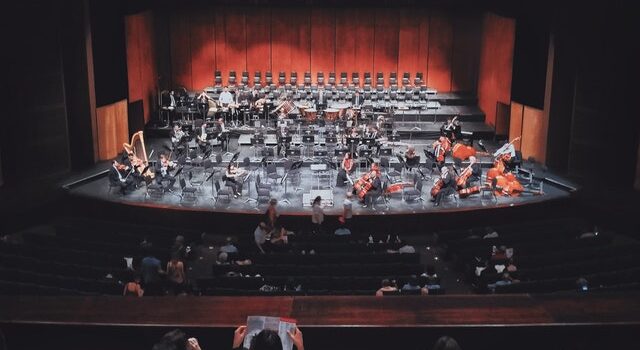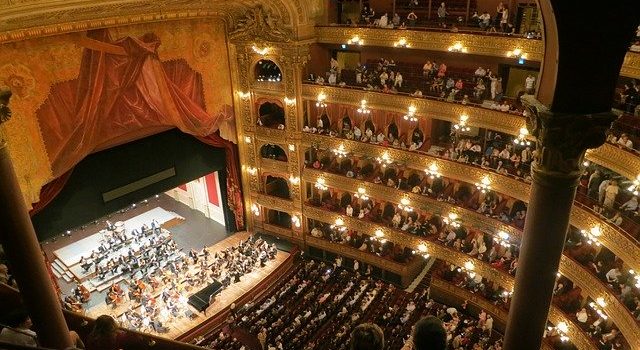 Concrete has quietly become the star beneath the spotlight. From intimate black box theaters to massive entertainment arenas, venues around the world are embracing the strength, flexibility, and style of concrete flooring. Its durability supports heavy set designs and high foot traffic, while its smooth finish and reflective properties enhance lighting and stage dynamics. For architects and designers, concrete floors are no longer just functional, they’re part of the creative performance itself.
Concrete has quietly become the star beneath the spotlight. From intimate black box theaters to massive entertainment arenas, venues around the world are embracing the strength, flexibility, and style of concrete flooring. Its durability supports heavy set designs and high foot traffic, while its smooth finish and reflective properties enhance lighting and stage dynamics. For architects and designers, concrete floors are no longer just functional, they’re part of the creative performance itself.
Modern venues are now turning to experts like JB Betonvloeren for concrete flooring solutions or Betonvloeren that meet both artistic and technical needs. Concrete flooring, once associated with industrial buildings, is being reimagined through polishing, staining, and custom finishes. These floors offer a sleek foundation that blends perfectly with a venue’s lighting schemes and acoustic demands, creating spaces that feel both artistic and engineered.
The Functional Beauty of Concrete Flooring
Performance spaces demand durability without sacrificing design. Concrete floors excel in this balance. They can withstand the impact of moving props, stage machinery, and large crowds, while remaining visually appealing. Through polishing and texturing, the material can mimic the look of marble, stone, or even wood, depending on the designer’s vision.
Aside from appearance, concrete also offers a practical edge. It’s easy to clean and maintain, crucial for theaters and studios that experience frequent changeovers between productions. Many venues apply anti-slip coatings to enhance stage safety, reducing the risk of accidents during rehearsals or performances. For production teams, learning about tips on preparing props for theater stage can further complement how these durable floors are used effectively during stage setups.
Sound and Safety: Two Keys to Performance Perfection
Acoustics are a hidden yet vital part of any performance. While concrete may seem like a reflective surface that causes echoes, careful engineering can turn it into an acoustic asset. When paired with sound-absorbing wall panels and stage curtains, it helps distribute sound evenly across a room, ensuring clarity for both performers and audiences.
Safety is equally crucial. Concrete’s firmness provides stability for dancers and actors, minimizing uneven surfaces that could cause injury. Some venues choose cushioned underlayment beneath the concrete layer, combining comfort with durability. This adaptability is one reason why so many contemporary studios, from ballet to live music, rely on concrete foundations.
Design Meets Drama: The Visual Impact of Concrete
“Concrete has a stage presence of its own, it grounds the story, literally and artistically.”
Lighting designers adore how concrete interacts with light. A polished concrete floor can reflect stage lighting beautifully, amplifying colors, shadows, and mood. In minimalist theater designs, the neutral tone of concrete becomes a versatile backdrop, letting lighting and set design take the spotlight.
Many architects also view concrete as a storytelling medium. The texture, color variations, and exposed finish can express the raw emotion of a space. As one designer put it, “Concrete has a stage presence of its own, it grounds the story, literally and artistically.”
Creative Customization Options
- Polished Finishes: Ideal for reflective light effects and modern aesthetics.
- Stained Concrete: Adds character through warm or dramatic tones.
- Patterned or Textured Surfaces: Offers grip and depth for dynamic stage movement.
- Embedded Lighting: Some venues experiment with LED lines beneath clear concrete coatings to create futuristic effects.
Why Concrete Floors Are Here to Stay
The appeal of concrete flooring extends beyond trends. It’s sustainable, recyclable, and energy-efficient. Because it retains and reflects heat effectively, concrete helps regulate temperature within large venues, reducing energy use. That makes it a choice not only for aesthetics but also for environmental responsibility.
Venues that have replaced older materials with modern concrete designs often report fewer maintenance issues and improved performance quality. Whether it’s a concert hall or a contemporary dance studio, the floor has become a silent partner to every performance.
Concrete and Creativity: A Lasting Partnership
From function to art, concrete floors define the modern performance experience. They serve as both foundation and design element, supporting every light, sound, and movement. As more venues embrace the artistry of concrete floor craftsmanship, the stage beneath the actors’ feet becomes a visual and technical marvel. These floors reflect more than just light, they reflect a new era of design where creativity meets endurance.
Concrete has found its spotlight, and it’s not leaving the stage anytime soon. The next time the curtain rises, remember that the story begins from the ground up, with a floor built to perform.

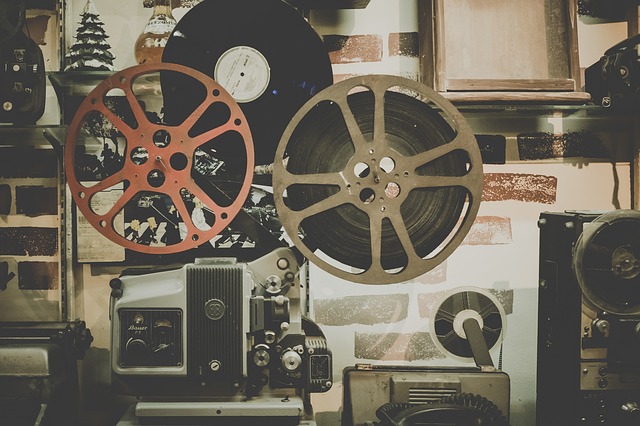
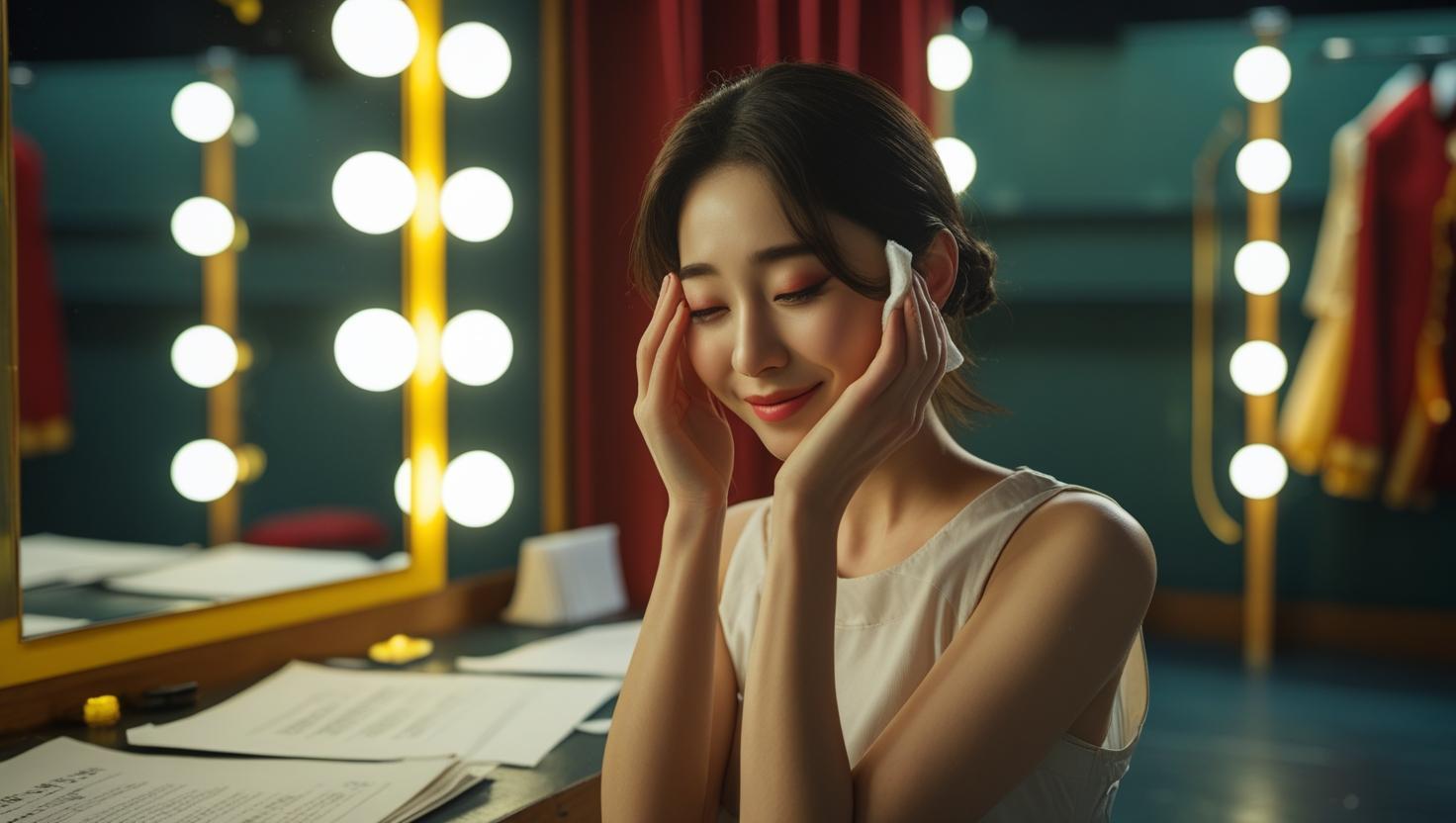
 Theater and entertainment are not just about acting and music. Costumes also play a big part in making a show come to life. Whether it’s a stage play, cosplay, or Halloween event, the right outfit helps create the right mood. Thanks to online affiliate shops, finding good costumes is now easier and more affordable. Find out more now on TestScout24.
Theater and entertainment are not just about acting and music. Costumes also play a big part in making a show come to life. Whether it’s a stage play, cosplay, or Halloween event, the right outfit helps create the right mood. Thanks to online affiliate shops, finding good costumes is now easier and more affordable. Find out more now on TestScout24.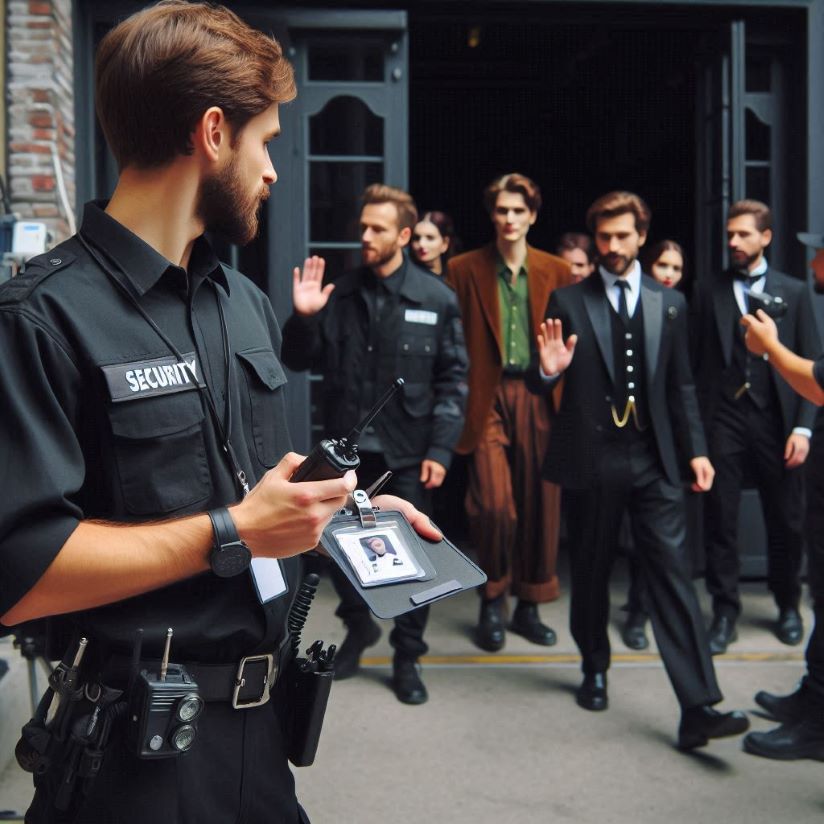
 Even the entertainment industry is required to have bathrooms in their facilities for the needs of their patrons. In case issues regarding clogged toilets or broken sink may arise, this will lead them to lose money as they may have to immediately close doors. The addition of new fixtures may also be of big help in making the situations more dependable to work forward.
Even the entertainment industry is required to have bathrooms in their facilities for the needs of their patrons. In case issues regarding clogged toilets or broken sink may arise, this will lead them to lose money as they may have to immediately close doors. The addition of new fixtures may also be of big help in making the situations more dependable to work forward.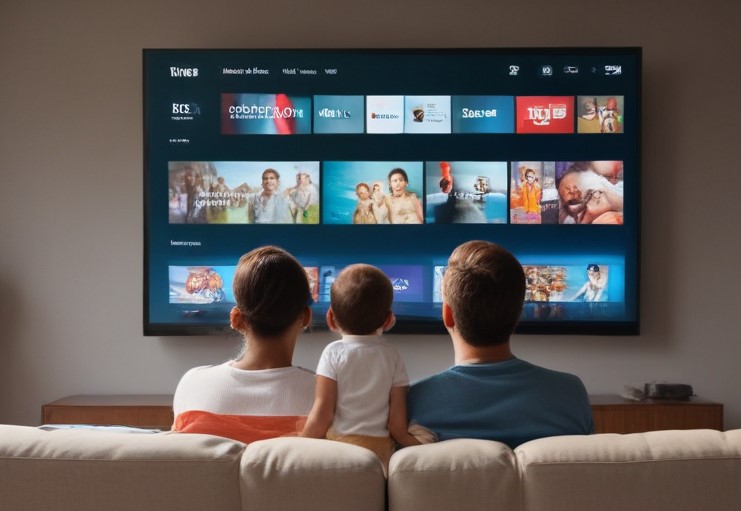
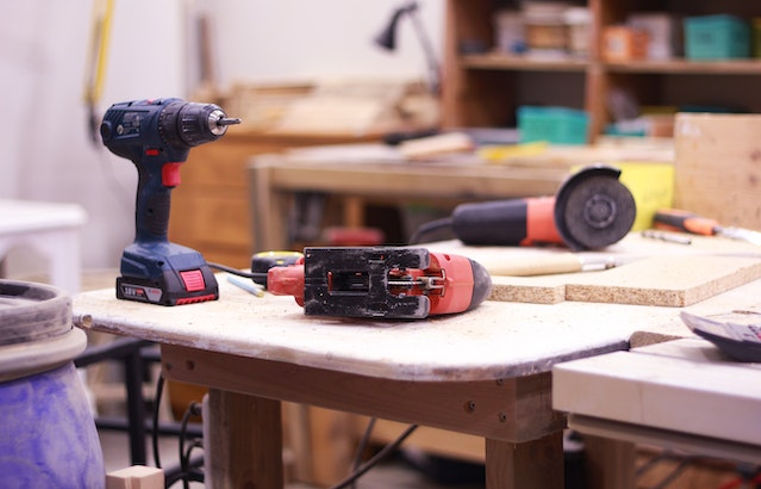
 The world of theater and entertainment mesmerizes audiences with its enchanting performances and captivating stories. However, behind the scenes, there are unsung heroes who contribute to creating the perfect ambiance and ensuring a seamless experience for both performers and spectators. One such crucial player in the theater industry is the insulation contractor.
The world of theater and entertainment mesmerizes audiences with its enchanting performances and captivating stories. However, behind the scenes, there are unsung heroes who contribute to creating the perfect ambiance and ensuring a seamless experience for both performers and spectators. One such crucial player in the theater industry is the insulation contractor.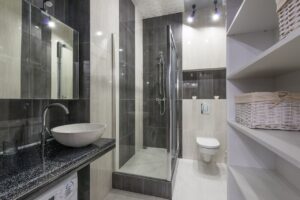

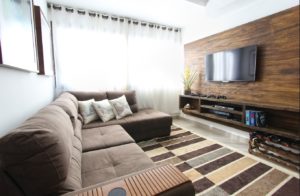 If you’ve always dreamed of settling in your home theater, that dream could become a reality. All can be enjoyed on the big screen in the comfort of your home.
If you’ve always dreamed of settling in your home theater, that dream could become a reality. All can be enjoyed on the big screen in the comfort of your home.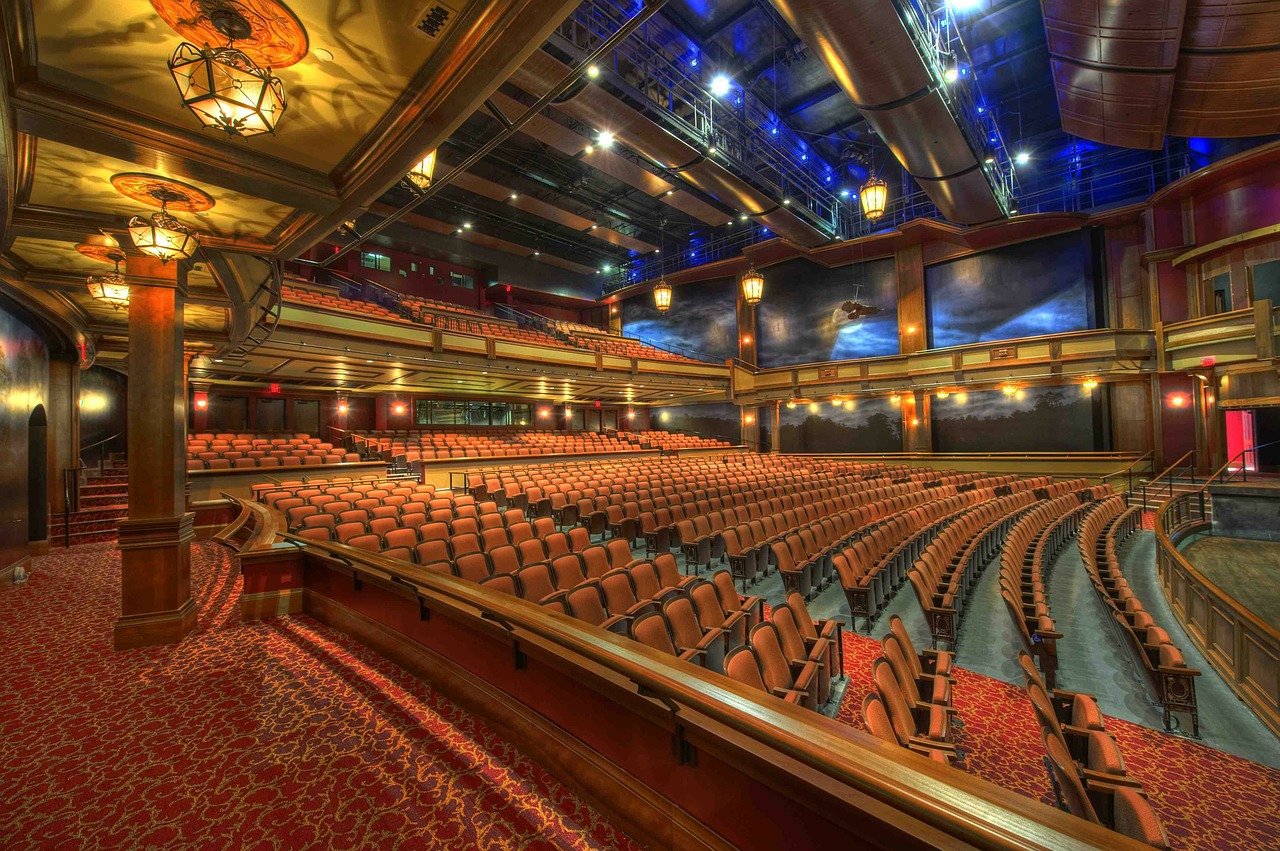

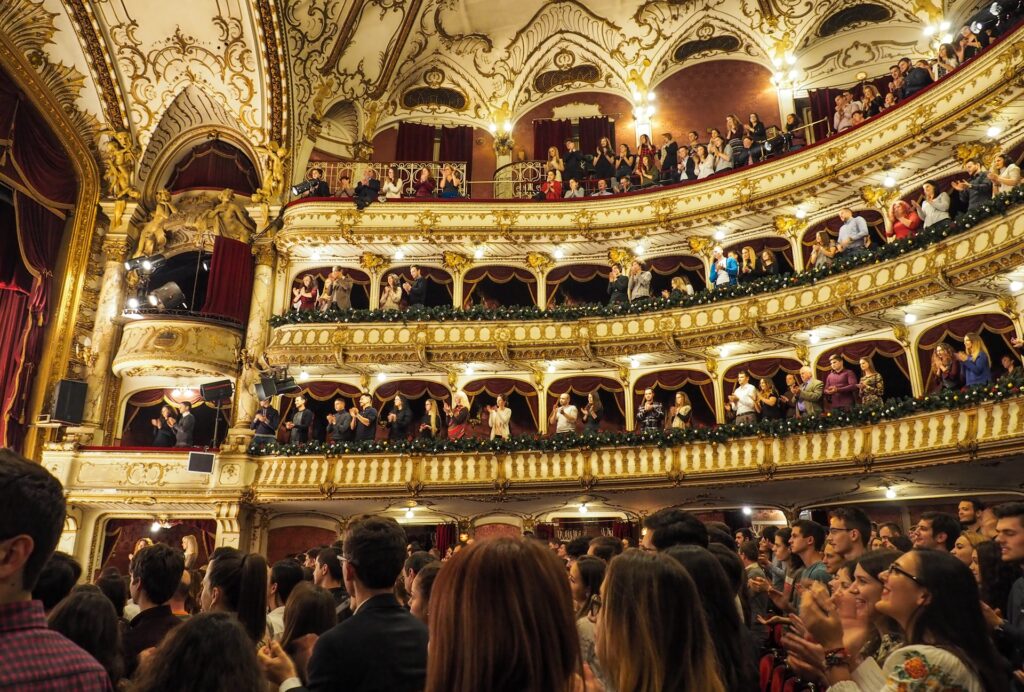
 The thought of this garage has come a very long way in American history. Home garages were just one conversion from getting this basic in the American way of life, and today, garages tend to be more than simply places to guard your vehicle. Garages have come to be a location of construction, creations, bonding with neighbors and family, and studying. If you end up daydreaming about your next home improvement job, have a look at those fantastic garage home entertainment thoughts. But for people who don’t want any changes on their garages must keep an air compressor inside their garages. See this 7 Best Air Compressor for Home Garage Buyer’s Guide to choose which one’s perfect for your garage.
The thought of this garage has come a very long way in American history. Home garages were just one conversion from getting this basic in the American way of life, and today, garages tend to be more than simply places to guard your vehicle. Garages have come to be a location of construction, creations, bonding with neighbors and family, and studying. If you end up daydreaming about your next home improvement job, have a look at those fantastic garage home entertainment thoughts. But for people who don’t want any changes on their garages must keep an air compressor inside their garages. See this 7 Best Air Compressor for Home Garage Buyer’s Guide to choose which one’s perfect for your garage.
 Being completely present with a set of concrete, living, breathing individuals is significant to the craft of behaving and to the human soul.
Being completely present with a set of concrete, living, breathing individuals is significant to the craft of behaving and to the human soul. It was not until ancient Greece that grandstands and stages were added. Back then, theaters were performed on feast days to honor the gods. With the Romans, the theater was a state institution. It was not only used for entertainment but much more as a representation of power. Back then, the main theme was adultery. In the Middle Ages, mainly religious themes were staged in dramatic performances, while in the late Middle Ages the carnival games were invented, which targeted topics such as politics and sexuality and were particularly popular in France.
It was not until ancient Greece that grandstands and stages were added. Back then, theaters were performed on feast days to honor the gods. With the Romans, the theater was a state institution. It was not only used for entertainment but much more as a representation of power. Back then, the main theme was adultery. In the Middle Ages, mainly religious themes were staged in dramatic performances, while in the late Middle Ages the carnival games were invented, which targeted topics such as politics and sexuality and were particularly popular in France.





 A theater is an art form and you’ll find a great chance to learn more about the human condition and collect if visiting the theatre. Since it’s having the ability to reveal that the part of human character, It’s the portion of their history. In a contemporary world, the majority of the individuals are with a query about why is why theater important also it’s beneficial to boost creativity degree. Folks might associate with the background and earn a connection that is effective to origins. The theater is the one for several reasons such as:
A theater is an art form and you’ll find a great chance to learn more about the human condition and collect if visiting the theatre. Since it’s having the ability to reveal that the part of human character, It’s the portion of their history. In a contemporary world, the majority of the individuals are with a query about why is why theater important also it’s beneficial to boost creativity degree. Folks might associate with the background and earn a connection that is effective to origins. The theater is the one for several reasons such as: